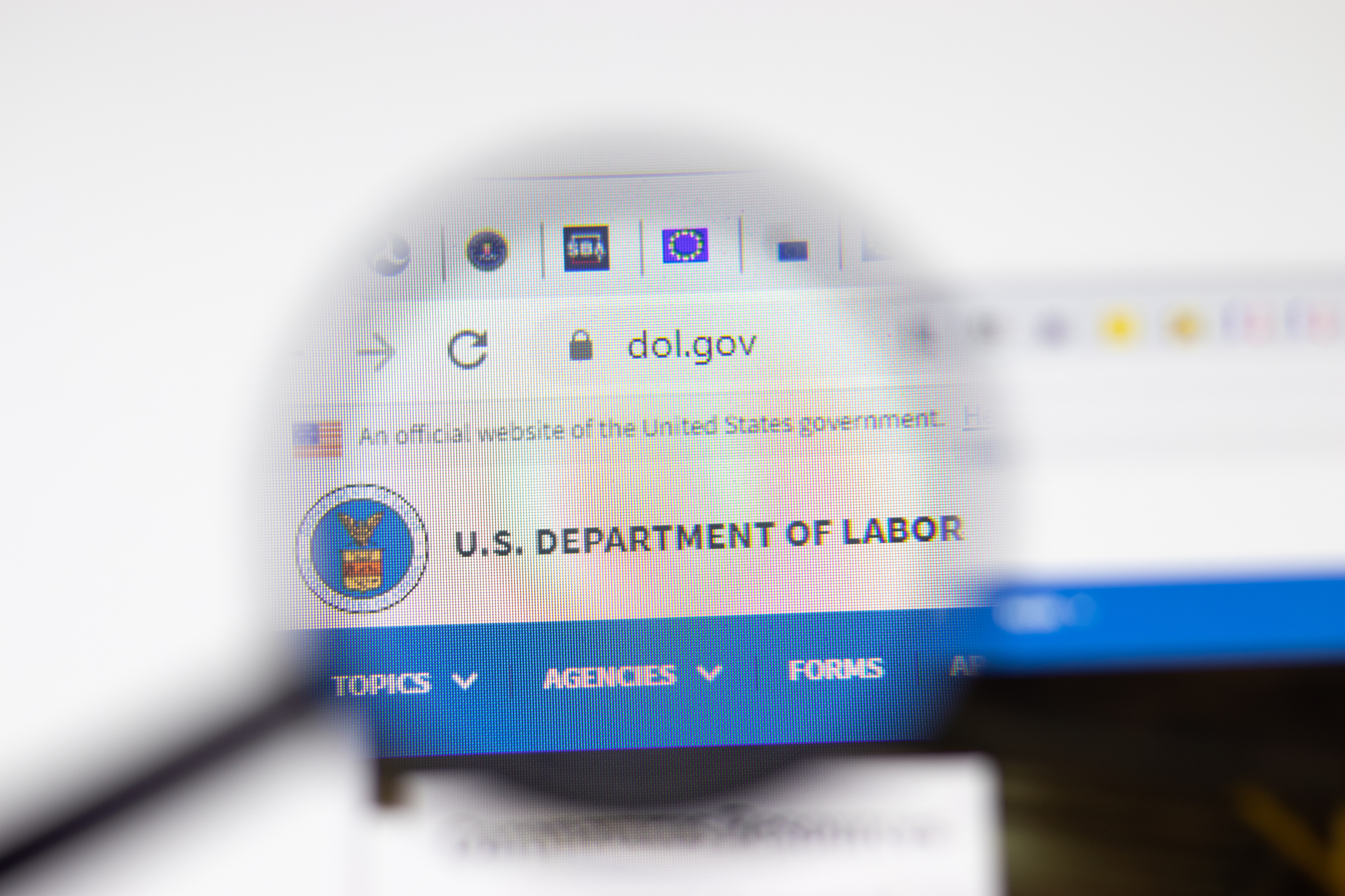DOL to Hire 100 Investigators, Signaling Potential Enforcement Increase
Last Updated on May 2, 2022 by MyHRConcierge
Employers Should Prepare For More Wage and Hour Investigations
The U.S. Department of Labor (DOL) recently announced an initiative to add 100 investigators to its Wage and Hour Division (WHD)—a potential sign to employers that increased enforcement may be on the horizon.
The WHD is tasked with enforcing comprehensive labor laws that affect more than 148 million workers. This latest push for WHD investigators tracks with the White House’s larger agenda of strengthening workers’ rights.
According to the DOL, the core enforcement obligations of WHD investigators include:
- Conducting investigations to determine if employers are paying workers and affording them their rights as the law requires
- Helping ensure that law-abiding employers are not undercut by employers who violate the law
- Promoting compliance through outreach and public education initiatives
- Supporting efforts to combat worker retaliation and worker misclassification as independent contractors
“Adding 100 investigators to our team is an important step in the right direction.”
-Acting WHD Administrator Jessica Looman
In fiscal year 2021, the WHD collected $230 million in wages owed to 190,000 workers, according to the DOL.
What’s Should Employers Expect?
This addition of WHD investigators could translate to an increase in enforcement in 2022. This means employers should continue to review relevant workplace laws to ensure wage and hour compliance. Common violations include worker misclassification, unpaid overtime, tip theft, insufficient break periods and failure to provide protected leave. Employers concerned about potential violations are encouraged to speak with legal counsel.
Is Your Business Compliant with Federal Wage Laws?
Make sure your business is in 100% compliance with Federal laws and regulations for not just Wage and Hour rules but for every workplace regulation you may be penalized for. Our service HRCompli keeps your business in compliance with state and federal regulations so you can avoid penalties and other risks.

